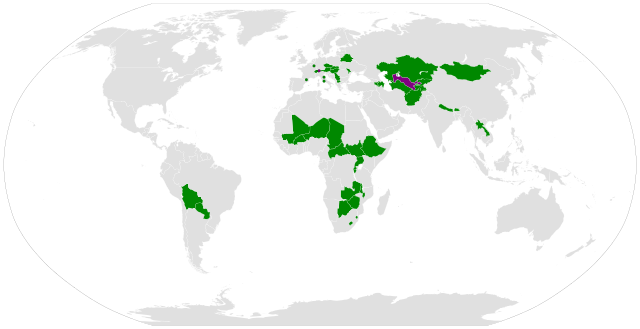Andrew Marshall, Explorersweb »
So far, the coalition has identified over half the route — roughly 850km. It’s hard to say how long the final trail will be.
Knowing that, in America, a problem with creating long-distance trails often springs from securing rights across privately-held land, I asked Baaker if he’d run into the issue.
“Actually, [the real problem] is the complexity of the terrain,” he said.
It seems a few spots in Tajikistan are so rugged that nobody has made trails there yet. That’s saying something for a country that’s been inhabited more or less constantly since the Bronze Age. Puzzling out how to get through certain passes, or around certain landslide-prone areas, is the primary problem Baaker and his team faces.
River crossings are another.


